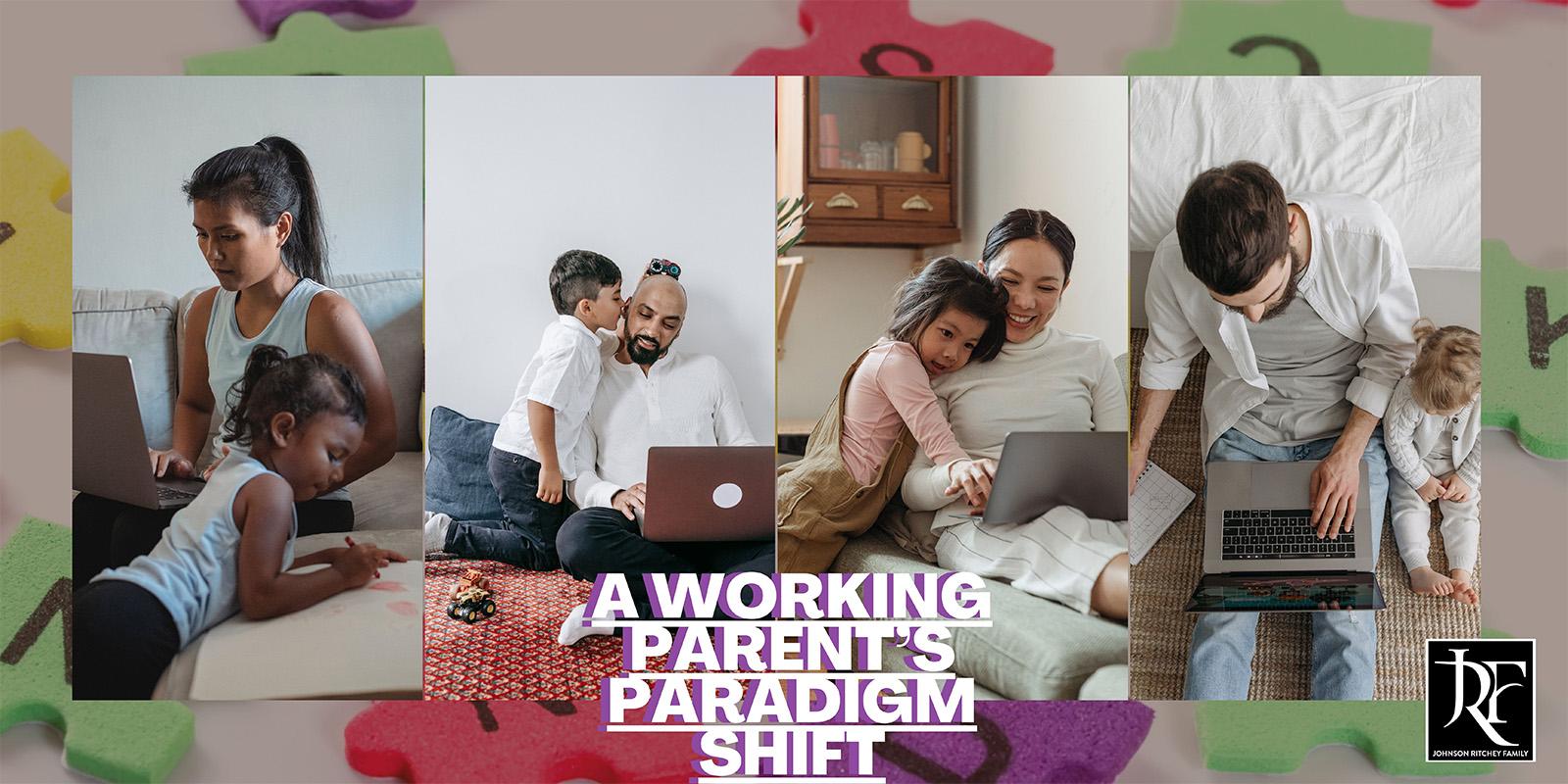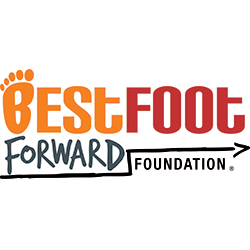
My firm started working from home during the pandemic and my kids, Landon, age 7, and Kendall, age 4, switched to schooling from home around that same time. Overnight I became a stay-at-home mom and homeschool teacher in addition to my roles as attorney and business owner. Now I not only needed to fill my days with drumming up work for my employees and keeping my worried clients calm, I also needed to keep my kids entertained and somehow squeeze in time to supervise homeschooling.
Before the coronavirus, when my kids were in school and I was working at the office, the time in my commute between office and home was enough for me to decompress and shift into Mom-mode before interacting with my kids. Now, every parent with kids at home experiences little-to-no separation between work-mode and home-mode. For me it is important to try and create a little transition time between my work and the time I spend with my kids, whether that be a quick run or enjoying a glass of wine, just to clear my mind of the stresses of the day. Often times it is hard to find that separation when your computer and work are right in front of you in your home. It takes a great deal of self-discipline to shut it down and move into family mode.
As a collaborative attorney, I recognize that I have an easier time than most“taking off the lawyer hat.” Traditionally, litigation rewards the most combative and competitive drive in warring attorneys. These old behaviors and metrics of success are not what I want to cultivate in my career or in my children. My kids deserve a mom who can be patient, fun, and lenient. Collaborative cases help me keep a calmer and more peaceful presence both with clients and at home with my family.
The paradigm shift from litigation to collaborative attorney requires a fundamental change in mindset. We as the collaborative practitioners must change our ways from adversarial to cooperative, focus on the future not the past, look at relationships and not facts, and become problem solvers. This change is not dissimilar from when I need to transition from working professional to fun parent.
As a parent, it can be hard to watch Landon and Kendall sometimes inflict cruel and unusual punishments on one another. Landon has, on more than one occasion, broken his sister’s toy when she refused to give up playing with one of his. Kendall prefers corporal punishment and hits her brother when verbal communication fails to generate her desired results. Both of these behaviors take every ounce of my problem solving and interest-based negotiation skills to assist them in resolving the issue at hand. Often I lose my patience but falling back on my training for my collaborative practice helps me to focus on their relationship as opposed to who is “right” in an argument, and often times I am able to resolve their issue that way, much like in my collaborative practice. Sometimes it is as simple as having them separate to different parts of our home to work on a project that diffuses the situation. Setting up their own separate work stations for them during the pandemic has really helped us.
Parenting is a work in progress on a good day and the pandemic has brought out the best and worst in each of us. I don’t get it right every time, and certainly not every day; I know I can rely on my collaborative practice training to make the best of a bad situation.
Christen Ritchey is a family law attorney and partner with Johnson, Ritchey & Feldman in Boca Raton, FL. She is the secretary of the South Palm Beach County Collaborative Practice Group and Co-Chair of the FACP Outreach Committee.














